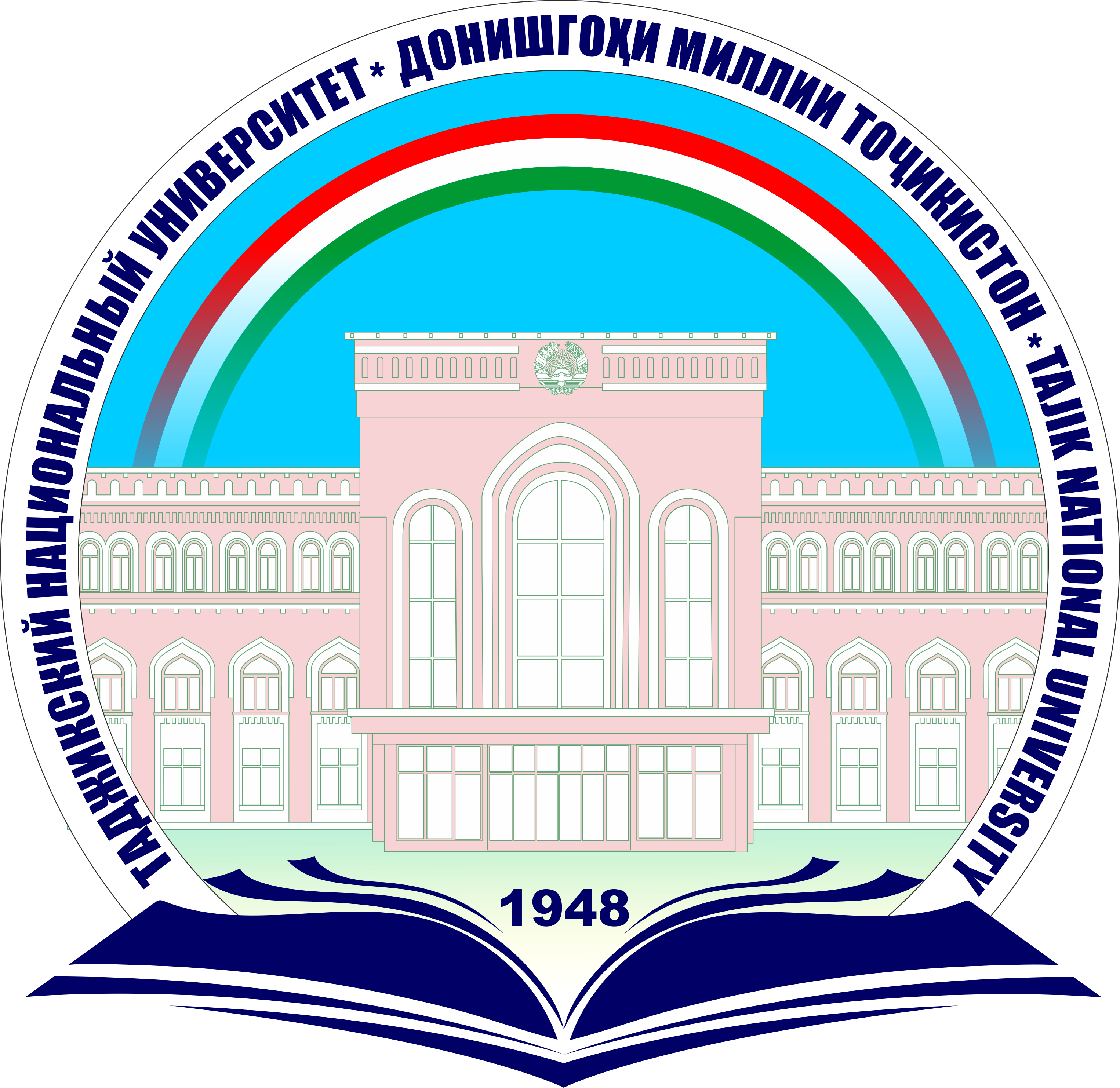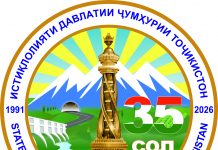In today’s world, among other dangerous phenomena such as terrorism, extremism and drug trafficking, corruption is also known as another negative phenomenon. Corruption and other actions of a corrupt nature create an obstacle to the development of the economy and the welfare of the people, the realization of human and civil rights and freedoms, the stability and peace of country and mistrust of the population of country towards the authorities. Corruption in modern conditions has turned from a domestic problem into an international problem. This undesirable phenomenon has shown in its studies that it has deep historical roots and emerged and appeared together with the formation of states.
It should not be forgotten that corruption, along with other world challenges, has become one of the global problems and has a negative impact on the economic and social processes of society and the ideology of mankind. Corruption is recognized as the plague of the century, and combating and resisting it has always been acknowledged as a priority by international organizations, especially the United Nations. In order to prevent any kind of crime and fight corruption, the UN Convention against Corruption was adopted on October 31, 2003 and entered into force on December 9, 2003 in Merida, Mexico, at a Political Conference with the participation of representatives from more than 100 countries. Thus, December 9 is known as the “International Anti-Corruption Day”.
The Republic of Tajikistan signed this Convention on September 25, 2006 and it was approved by the Majlisi Namoyandagon Majlisi Oli of the country on April 16, 2008. In order to strengthen the anti-corruption efforts of the state in the fight against corruption, involving civil society, representatives of the private sector and international organizations in the process of combating it on the basis of this Convention, a specialized body – the Agency for State Financial Control and the fight against corruption was created by the Decree of the President of the Republic of Tajikistan dated January 10, 2007. The main tasks of the Agency are, primarily, state financial control, prevention, elimination and detection of corruption offenses, preliminary investigation, investigation of corruption offenses and implementation of a set of measures of the state anti-corruption policy.
The Republic of Tajikistan, with the acquisition of state independence and constructive initiatives of the Founder of Peace and National Unity – the Leader of the Nation, President of the Republic of Tajikistan honorable Emomali Rahmon, has taken confident steps in the fight against corruption, and all organizational and legal foundations have been laid to prevent this plague of the century. Relevant legal acts have been adopted and are being implemented to strengthen anti-corruption policies, legal and institutional frameworks for combating corruption. The issue of combating and counteracting aforementioned phenomena is regulated by the Law of the Republic of Tajikistan “On Combating Corruption” dated July 25, 2005 № 100. Subsequently, with the establishment of the Agency for State Financial Control and Fight against Corruption and the adoption of the Law of the Republic of Tajikistan “On the Agency for State Financial Control and Fight against Corruption of the Republic of Tajikistan” dated March 20, 2008, No. 374 and the Law of the Republic of Tajikistan “On Combating Corruption” dated August 7, 2020, No. 1714, the anti-corruption environment in the country and its organizational and legal foundations are strengthened. In this regard, the consistent adoption of other national documents, such as “Strategy to Combat Corruption in the Republic of Tajikistan for 2008-2012” dated January 26, 2008 № 34; “Strategy to Combat Corruption in the Republic of Tajikistan for 2013-2020” dated August 30, 2013 № 1504 and “State Strategy to Combat Corruption in the Republic of Tajikistan for the period up to 2030” dated August 3, 2021 № 222 reduce the growing level of corruption in our country has laid a real and legal foundation.
It should be emphasized that the implementation of anti-corruption measures within the framework of these strategies is recognized by the international community as evidence of the formation of the state anti-corruption policy and a guarantee of achievements in this area. By fulfilling the requirements of the Action Plan for the implementation of the above-mentioned strategies to enhance the transparency of the public administration process, introducing preventive restrictions in the civil service, establishing liability for all acts of corruption, as well as identifying and preventing such acts, a solid foundation has been created. In particular, a National Anti-Corruption Council and public commissions for the prevention of corruption have been set up in regions, cities and districts to coordinate the activities of State bodies and civil society in this area.
In conclusion it should be noted that all authorities and the population of Tajikistan should fight against corruption and fulfill the instructions of the Leader of the Nation, which were given to competent bodies and citizens of our republic. Simultaneously, it is necessary to implement the assignments and instructions of the Founder of Peace and National Unity – Leader of the Nation, President of the Republic of Tajikistan honorable Emomali Rahmon, to increase the confidence of the population in the public authorities and increase the effectiveness of the fight against corruption, work in this direction must be done with the broad involvement of civil society and each individual member of society.
MUHAMMAD RAHMONZODA,
MIRALIZODA EMOMALI,
Candidate of Law Sciences, Associate Professors









